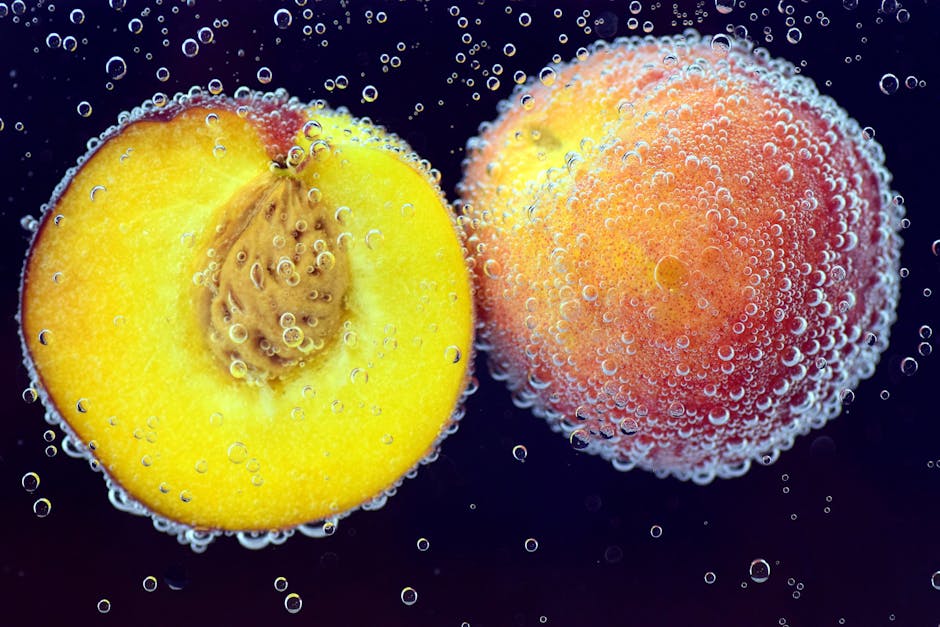Water, the elixir of life, plays a paramount role in virtually every bodily function. From regulating temperature to transporting nutrients and eliminating waste, hydration is fundamental to overall health and well-being. Consequently, understanding the appropriate daily water intake is crucial for maintaining optimal nutritional status. This article delves into the complex interplay between hydration, nutrition, and individual needs, exploring the factors that influence water requirements and the implications of both inadequate and excessive water consumption.
A nuanced approach to hydration acknowledges the dynamic nature of water needs. A one-size-fits-all recommendation simply isn’t sufficient. Diverse factors, including activity level, climate, health conditions, and dietary choices, significantly impact individual water requirements. This is not to mention the often-overlooked influence of hormonal shifts and pregnancy.
Quantifying Daily Water Intake: A Personalized Perspective
While a general guideline of eight glasses daily has gained popularity, this approach is misleadingly simplistic. Precisely how much water a person needs daily depends on several critical factors. Metabolic rate, for example, fluctuates based on a person’s activity level and overall energy expenditure. Athletes, owing to their heightened exertion, require considerably higher amounts of water than sedentary individuals. Likewise, those residing in hot and arid climates necessitate more fluids to compensate for increased perspiration.
Dietary composition also subtly alters hydration needs. Fruits and vegetables, surprisingly, contribute to daily fluid intake, although this contribution is often overlooked. Consumption of water-rich foods like watermelon and cucumbers significantly contributes to overall hydration. Conversely, diuretic foods like coffee and alcohol can contribute to fluid loss and should be factored into the overall hydration equation.
Assessing Individual Water Requirements
A practical approach to determining optimal water intake considers individual lifestyle factors. Monitoring urine color offers a simple, albeit not always precise, gauge. Clear or light-yellow urine typically signals adequate hydration. Conversely, dark yellow or amber urine often indicates a need to increase fluid intake. Weighing oneself regularly, particularly after periods of exertion, can further help gauge fluid losses and monitor hydration levels.
Furthermore, consulting a healthcare professional or registered dietitian is highly recommended for personalized guidance. Their expertise can assess individual circumstances, including pre-existing health conditions or specific medications that might impact hydration. This personalized approach is crucial to address individual nuances and to ensure optimal health.
The Importance of Water in Nutrient Absorption
Beyond maintaining bodily functions, water plays a critical role in nutrient absorption. Water acts as a vehicle, transporting essential vitamins, minerals, and other nutrients from the digestive tract to the body’s cells. Adequate hydration is therefore essential for efficient nutrient utilization and optimal cellular function. Furthermore, water also facilitates the excretion of waste products, preventing the buildup of toxins and maintaining overall metabolic harmony.
Potential Consequences of Inadequate Hydration
Inadequate water intake can lead to a multitude of health issues. Chronic dehydration can impact cognitive function, resulting in fatigue, decreased alertness, and impaired memory. Furthermore, it can trigger headaches, muscle cramps, and digestive issues. The severity of these issues can vary greatly, but consistently low hydration levels negatively impact nearly every bodily system.
Conversely, excessive water intake can also be problematic, potentially leading to hyponatremia, a dangerous condition resulting from excessive dilution of sodium levels in the blood. This condition can lead to severe neurological symptoms and even be life-threatening. Therefore, maintaining a balanced approach to hydration is essential for optimal health.
Developing Healthy Hydration Habits
Building healthy hydration habits is a crucial aspect of overall well-being. Carry a reusable water bottle, keeping it readily available throughout the day, can make a significant difference. Gradually increase water intake, avoiding drastic changes that can strain the system. Pairing water with meals, and incorporating hydrating foods into the diet, are excellent strategies for consistent hydration.
Recognizing thirst as a signal is equally critical. Often, we mistake hunger for thirst, resulting in delayed hydration and potentially impacting bodily functions. Developing an awareness of this distinction is fundamental for proactive hydration.
Conclusion:
Hydration is an intricate aspect of nutrition and overall health. Understanding that individual needs vary based on a wide range of factors from activity level to climate is paramount to achieving optimal hydration. A personalized approach, incorporating regular monitoring, dietary awareness, and expert consultation, is critical to maintaining optimal hydration and maximizing bodily functions. Adequate hydration, far from being a simple matter of drinking enough water, is an integral component of a healthy lifestyle. It’s a pillar upon which nutrient absorption, cognitive function, and overall well-being depend.
